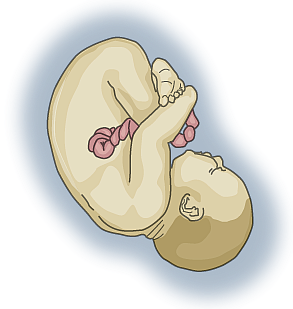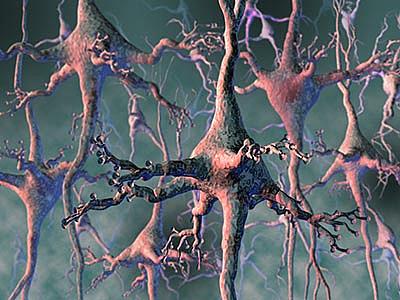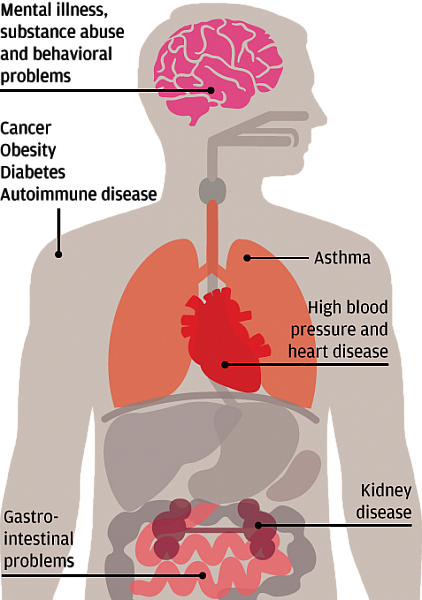The science of stress: How trauma etches itself on brain, chromosomes
Nancy Cambria reported this story with the support of the Dennis A. Hunt Fund for Health Journalism and the National Health Journalism Fellowship, programs of USC Annenberg’s Center for Health Journalism. Other parts of this series include:
The Crisis Within: How toxic stress and trauma endanger our children

Toxic stress occurs when too many stressful events and traumas pile up. Children are the most vulnerable. Stress hormones — including those passed on by a stressed mother in the womb — can hurt brain development and even alter chromosomes. Without a break from the stress, children can develop various social problems. Even worse, they face a higher risk for a wide range of diseases through adulthood.
It starts before birth
Toxic stress may transfer from a mother to her developing baby in the womb.

Researchers have found expectant mothers suffering from depression produce higher levels of stress chemicals, which reduce fetal growth and increase risk for premature labor.
Current studies suggest maternal depression may further repress the expression of a gene in the fetus meant to control the overproduction of stress chemicals. That overproduction can cause a lifetime of poor health and behavioral issues.
This is doubly troubling because a mother dealing with her own toxic stress may not be capable of adequately nurturing her infant, causing further stress response in the child.
Diminished brain volume
Brain imaging done by dozens of researchers has found that children under extreme stress have less volume in both gray and white matter of the brain.
Particularly troubling are findings indicating that stress stunts the hippocampus region of the brain. The hippocampus, among other things, helps humans process fear. When it’s smaller, children may lose their full capacity to differentiate between threat and safety, so the world feels like a scarier place.
Neural connections
From birth through age 3, the brain produces about 700 neural connections per second. Neurons cluster and branch off as they grow.
Optimal neural production in young children is dependent on positive interaction with adults and the world around them. Cooing, snuggling, reading and talking to infants help neurons grow. Neurobiologists call the vital interaction “serve and return.” And neglected children often lack it.

The problem snowballs for children raised amid stress. Such children build more neural pathways to cope with and respond to danger. When children reach their preteens, the brain prunes its neural branches, keeping the pathways that are most used and discarding the ones that are not — including potentially positive ones. For a child living under toxic stress, the brain is, in essence, built around stress.
Down to the chromosomes
Research suggests toxic stress can alter gene expression and even chromosomes.
One study looked at the length of telomeres on the chromosomes of 9-year-old boys under toxic stress. Telomeres are the caps that buffer the long strands of nucleotides that extend from the ends of the chromosomes. Telomeres normally degrade during aging, causing the ends of the chromosomes to shorten. That shortening is considered one of the key causes of aging and disease. The study found the 9-year-old boys living in toxic stress had telomeres on average 40 percent shorter than those of boys living without such stress.
Social, behavioral issues

Studies suggest that stressed children perceive anger in facial expressions that most others perceive to be friendly or neutral. This can hinder them from forming healthy relationships. A host of other behavioral problems can develop.
When stress hormones constantly course through the body, the child remains restless, ready to launch into primal flight-or-fight responses when faced with experiences that seem less threatening to others.
This makes taking turns, sharing and sitting still in preschool and school more difficult.
Children with toxic stress are more likely to act out or become disruptive to gain control of a situation when they feel threatened.
A host of diseases
Unhealthy amounts of stress hormones alter multiple biochemical processes in the body, everything from the immune system to the inflammatory response. The following maladies have been tied to toxic stress:
[This story was originally published by St. Louis Post-Dispatch.]
Photos & videos by Laurie Skrivan/St. Louis Post-Dispatch.

